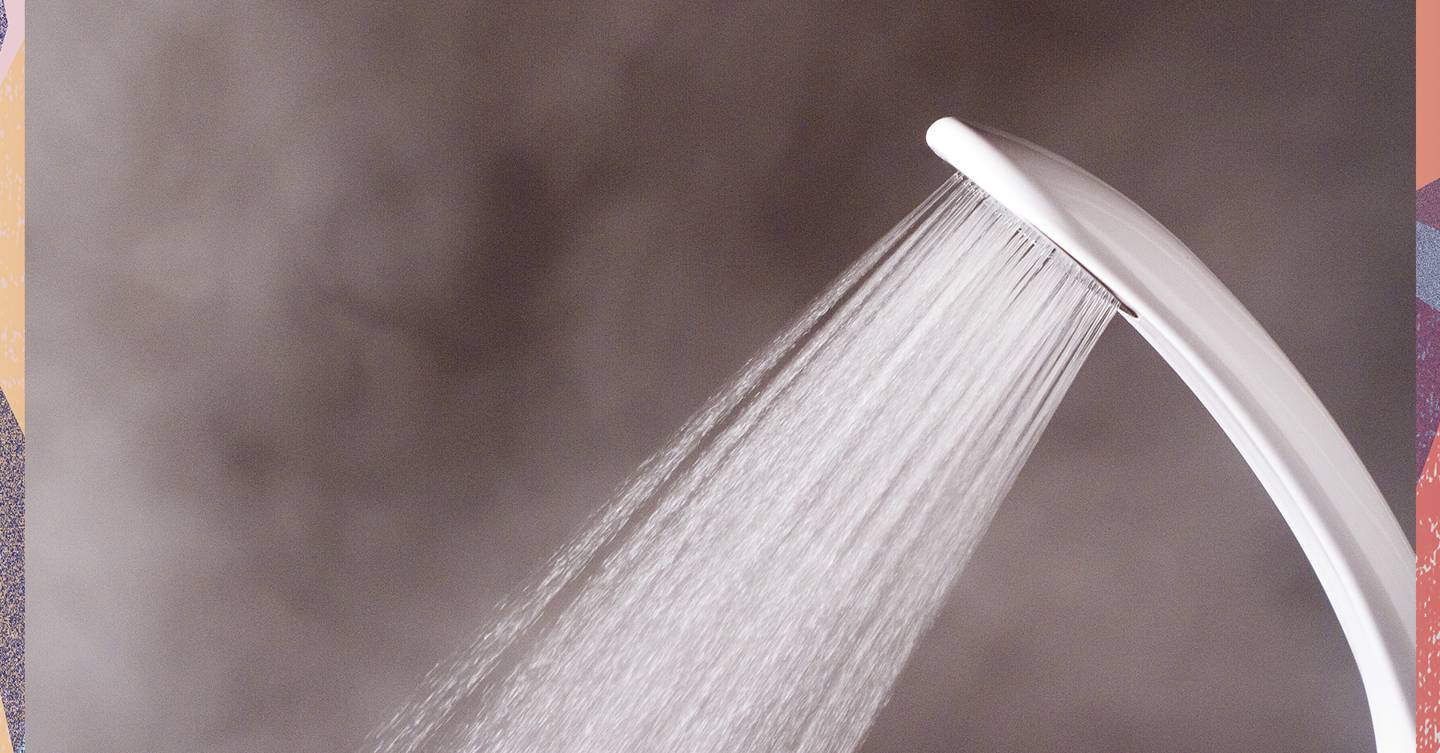Good news if your boiler’s broken, bad news if you like being warm – cold showers are very good for you.
Studies have long promoted the benefits of a chilly shower and the idea even dates back as far as the Romans, who swore by cold baths. But it was more recently that cold showers skyrocketed as a trend, hand-in-hand with the increased popularity of cryotherapy, with Silicon Valley tech workers saying that starting their day with a cold shower helped them cope with stressful working days.
So, why is the world suddenly so obsessed with cold showers, and what actually are the health benefits?
For an energy boost
There’s a reason Jack Dorsey, the co-founder and CEO of Twitter, says that taking a cold shower every morning is ‘better than coffee’. If you find yourself groggy and zombie-like in the morning (guilty), the jolt from cold water in the morning can help to wake you up. It’s true, science says so. One 2015 study found that the ‘most commonly reported beneficial effect [from cold showers] was an increase in perceived energy levels (including many reported comparisons to the effect of caffeine)’.
To relieve stress
Exposing our bodies to extreme temperature can create ‘positive stress’ and help relieve negative mental tension. It may sound like psuedo-science, but it’s such a popular theory that athlete Joel Runyon trademarked the term Cold Shower Therapy (CST) after giving a TED talk on why we should ditch hot water. In essence, the idea is that positive stress methods help you build up tolerance, so that day-to-day stresses seem less challenging. If it’s good enough for those Silicon Valley guys…
For healthier hair
“Showering in cold water makes your hair shinier and less frizzy, as it closes the cuticle, helping to keep hair healthy,” says Jonathan Soons, creative ambassador at Headmasters. “It can also keep your scalp healthy as once the pores are closed, they are much less vulnerable, protecting them from dirt, grease and oil. If you can’t get past the frigid temperature, just have a final rinse in cold water.” Jonathan doesn’t advise a cold rinse if you have thin hair though, as “cold water can reduce volume.”
To soothe irritated skin
If you suffer with skin conditions such as eczema or psoriasis, cold showers have been recommended to keep the urge to itch at bay. Warm water can also strip essential oils from the skin’s surface. “Any skin condition characterized by a defective skin barrier can be worsened by a hot shower,” board-certified New York City dermatologist Shari Marchbein told GLAMOUR. “[It] strips the skin of sebum, the healthy fats and oils necessary for skin health, and dehydrates the skin.”
For a happier mood
You may associate warm showers with boosting mood, but exposure to cold is known to activate the sympathetic nervous system and increase endorphins, while scientists at Virginia Commonwealth University found taking once or twice daily showers at 20c for two to three minutes – followed by ‘a five-minute gradual adaptation to make the procedure less shocking’ – to have an anti-depressive effect on participants.
To help aching muscles
You’ve seen the photos of athletes in ice baths as part of their recovery after matches or training sessions – well, the theory is that cold water helps to reduce inflammation and aid muscle recovery. Being cold also makes blood vessels contract and numbs nerve endings – preventing swelling, bruising and pain – which is why ice packs are used for injuries.
To boost circulation
Diet and exercise are the most important factors in good cardiovascular circulation, but cold showers can also stimulate blood flow, essentially forcing our heart to pump more efficiently. Improved circulation means better heart health, mental performance, immune system and metabolism. Time to turn the taps to ‘cold’.
